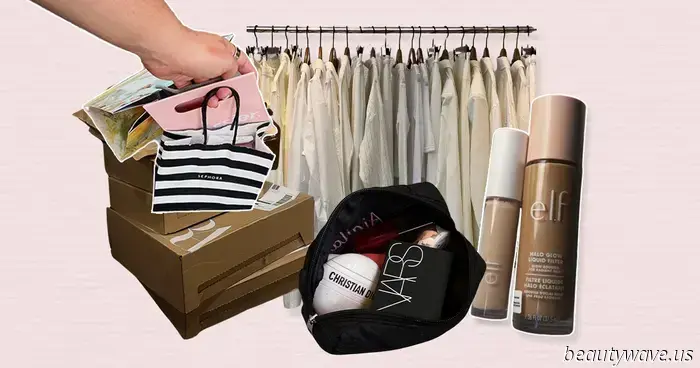
Steve Madden has acknowledged copying high-end designs, but hold off on purchasing a new pair of his shoes for now.
Until this week, my familiarity with Steve Madden was primarily based on my high school experiences of searching the mall for a pair of heels that my mom and I both deemed suitable for school dances. We would browse the shelves at Nordstrom and quickly redirect to Steve Madden after seeing the prices, opting for shoes that reflected the reality of a 15-year-old likely to wear them clumsily for one night and then possibly not again until the next wedding, school dance, or any other “glamorous” event on my teenage calendar. After all, while I thought I looked like Zendaya in a pair of fancy Nordstrom shoes, Steve Madden typically had a very similar style available for half the cost down the hall. Now, Steve Madden is making headlines for the same reason I used to frequent his store: his budget-friendly “dupes” of designer shoes.
During an episode of The Cutting Room Floor podcast, host Recho Omondi asked Madden about his designs, specifically whether he could name the original designer whose work he replicated. What impressed listeners was not only his knowledge of the original designs but also his honesty about drawing inspiration from higher-end brands. When confronted with the label of Steve Madden being a knockoff brand, he responded, “It’s like calling the Beatles a knockoff band because they borrowed elements from Motown and Elvis. We design lots of shoes, but there have been a few that I’ve drawn inspiration from here and there.”
This transparency, along with his affectionately referring to Steve Madden customers as “his girls” and critiquing the absurdity of other brands selling plastic jelly shoes for $700, sparked a major Steve Madden craze on TikTok. A surge of videos advocating for Steve Madden appeared on my feed, where users praised him for making designer trends accessible and urged others to shop on the Steve Madden website to show their support for the brand.
Although dupes have been prevalent in recent years, they received a lukewarm reception until this interview. Conversations around the ethics of replicating designers’ work and concerns regarding the quality of dupes compared to the originals were common. However, following this podcast discussion, online sentiment has shifted decidedly in favor of dupes. Buying “knockoffs” was often a private endeavor, with individuals hesitant to reveal they couldn’t, or wouldn’t, pay for the genuine article. Even though most people recognized the products that drugstore brands aimed to replicate, those brands didn’t publicly acknowledge their copycat status like Madden does now. This change in the narrative around dupes signifies more than just a fleeting viral moment. The internet’s embrace of Steve Madden highlights the significant influence of our current economic uncertainties on consumer behavior and the broader dialogue about shopping.
The internet’s enthusiasm for Steve Madden is no coincidence given the rising inflation and the beginning effects of tariffs reflected in escalating prices; consumers online are openly embracing dupes. A study from McKinsey & Company found that shoppers, concerned about soaring prices, are reducing discretionary spending in various categories. Specifically, Gen X and Gen Z are cutting back on apparel, electronics, and yes, footwear. I can't deny that I'd love to have a pair of original Miu Miu kitten heels, but when I’m already reconsidering if an iced latte from my beloved coffee shop fits my budget, it’s clear there’s no space for designer clothing in my financial plans.
While we all aspire to purchase higher-end products that provide better long-term value, it becomes difficult to justify these purchases when everyday essentials cost significantly more. Even the lower-priced “dupe” alternatives are seeing price increases. Elf, recognized for being a budget-friendly makeup brand known for items like the Power Grip Primer and Halo Glow Liquid Filter, recently announced a $1 price increase due to inflation and tariffs. Similarly, Madden mentioned in the podcast that his shoe prices will rise as a consequence of tariffs. The current economic climate is such that even the more affordable product versions are becoming increasingly inaccessible to the average consumer. When individuals decide to buy something, if a nearly identical replica of their desired item is available at half the cost, it’s less of a choice and more of a necessity.
Based on the widespread support for the Steve Madden podcast interview, it's evident that people crave validation that the times are challenging. Shopping is already a daunting task, and many seem eager to discard the guilt or stigma associated with purchasing dupes, especially when they are often the only option within reach. But what does this mean for us as consumers? Are we caught in an endless cycle of seeking dupes for dupes as prices climb ever higher? And where should we draw the line?
While much of the discussion from the Steve Madden podcast remained lighthearted, it raises important questions about our consumer culture. It appears that consumers are eager to spend money to support him based on the simple acknowledgment that many of his designs are “inspired by” others. Regardless of how genuine he appears in the interview, Steve Madden operates a business with the


Other articles
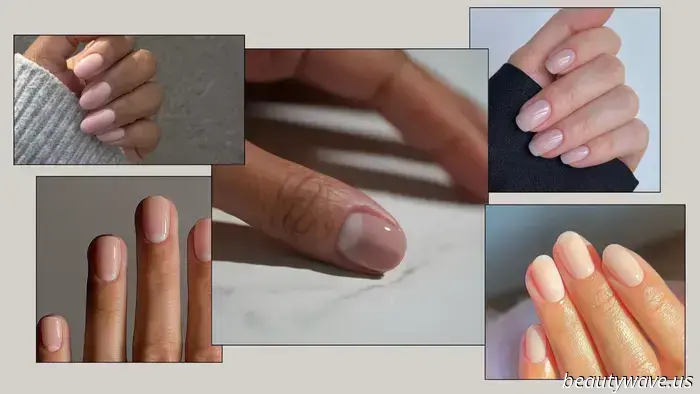 I’ll only wear sheer nail polish if it’s this specific OPI shade combination.
I’ll only wear sheer nail polish if it’s this specific OPI shade combination.
 Dakota Johnson's Latest Blazer Is Unexpectedly NSFW
Check out and purchase her newest outfit.
Dakota Johnson's Latest Blazer Is Unexpectedly NSFW
Check out and purchase her newest outfit.
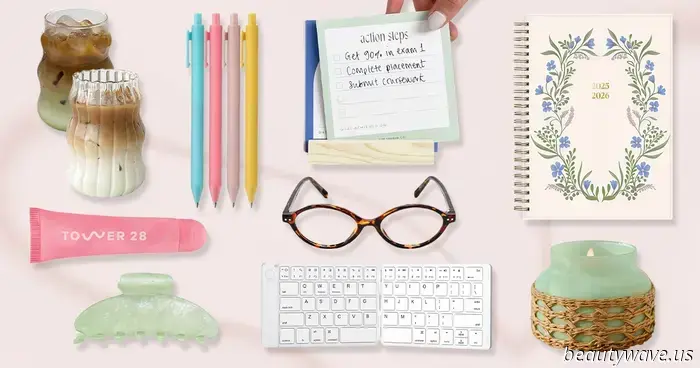 21 Essential Desk Items for Summer That Will Assist You in Leaving Work on Time
*quickly places everything in the cart*
21 Essential Desk Items for Summer That Will Assist You in Leaving Work on Time
*quickly places everything in the cart*
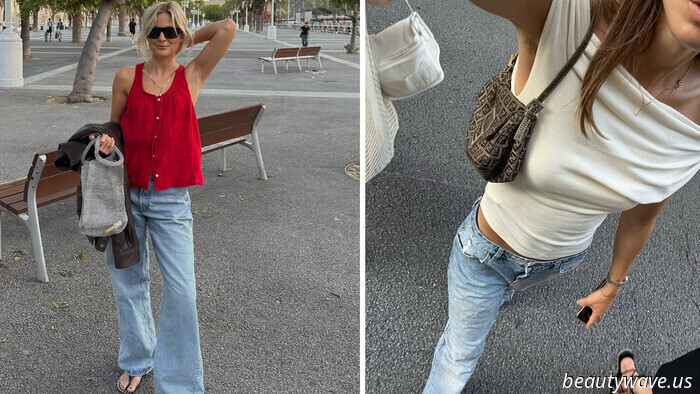 I Never Overlook a Great Shopbop Sale—These 39 Stylish Summer Picks Are Too Great to Ignore.
We're highlighting the top items to grab from Shopbop's sale, featuring charming dresses and stylish sandals.
I Never Overlook a Great Shopbop Sale—These 39 Stylish Summer Picks Are Too Great to Ignore.
We're highlighting the top items to grab from Shopbop's sale, featuring charming dresses and stylish sandals.
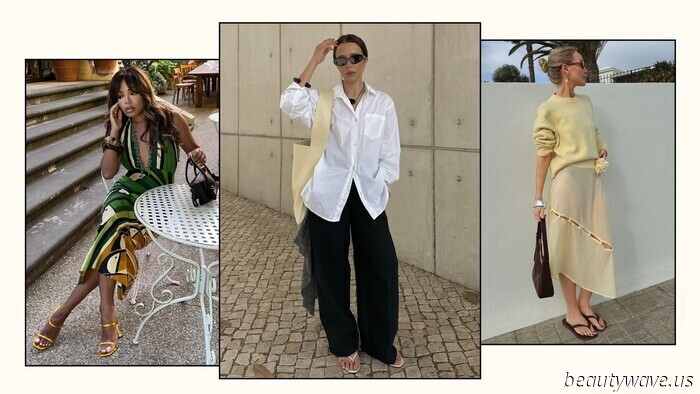 Put the Black Shoes on Hold—7 Stylish Alternatives That Are Equally Chic for Summer 2025
A new color scheme for summer.
Put the Black Shoes on Hold—7 Stylish Alternatives That Are Equally Chic for Summer 2025
A new color scheme for summer.
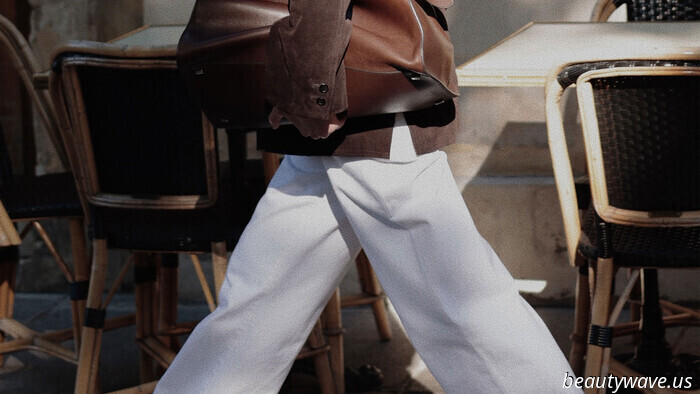 I'm a Shopping Director, and I'm sharing a list of 35 stylish items—enjoy!
Denim, shirts, footwear, and additional items!
I'm a Shopping Director, and I'm sharing a list of 35 stylish items—enjoy!
Denim, shirts, footwear, and additional items!
Steve Madden has acknowledged copying high-end designs, but hold off on purchasing a new pair of his shoes for now.
Steve Madden is gaining attention for recognizing his "dupes" of high-end shoes, but what does the public's response reveal about current consumer trends?
